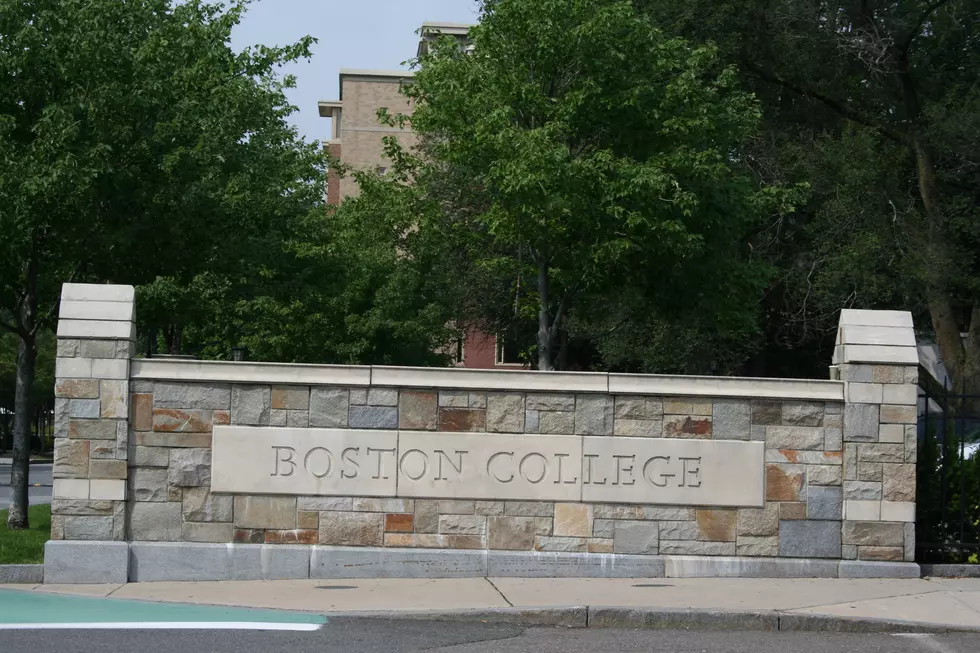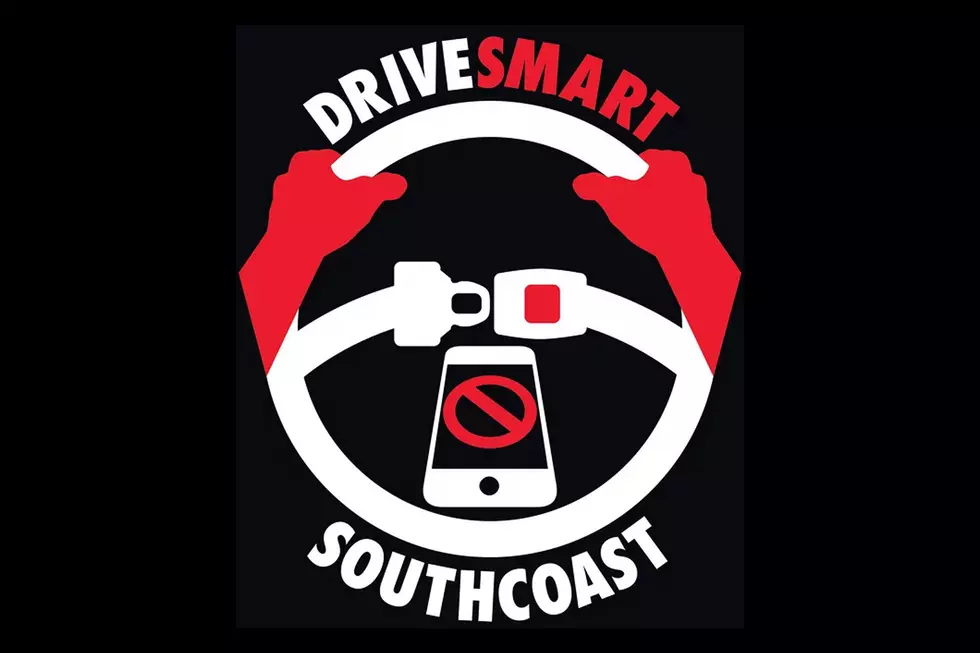
Gov. Baker: Put Your Phone Down and Buckle Up
Governor Charlie Baker on Tuesday proposed his most sweeping set of road safety rules yet, calling for Massachusetts to join 16 other states in requiring hands-free cell phone use while driving and proposing to allow police to stop motorists for not wearing a seat belt.
The legislation filed by the Republican marks the first time Baker has put forward his own hands-free driving bill since he first came out in support of the idea in late 2017.
The governor packaged the hands-free driving proposal and a primary seat belt enforcement provision with a number of reforms that Baker has advocated for in recent years, including mandatory lower speed limits in work zones.
"Keeping the Commonwealth's network of roads as safe as possible for everyone using them is one of our administration's top public safety priorities," Baker said in a statement, calling the legislation a "common sense" proposal to reduce distracted driving.
Drivers in Massachusetts are already required under law to wear seatbelts or be fined, but police are not allowed to pull a vehicle over for a seat belt infraction unless they have another reason to do so.
Opponents of primary enforcement have raised concerns in the past about racial profiling.
The bill would also require anyone convicted of a first offense for operating under the influence who applies for a hardship license to use an ignition interlock device for a minimum of six months and be subject to penalties from the Registry of Motor Vehicles for attempting to drive after drinking or tampering with the device.
According to the state, 15,662 people were seriously injured on roads in Massachusetts between 2012 and 2016 and 1,820 were killed, including nine road workers.
Baker in 2017 filed a bill to enforce lower speed limits in highway construction zones, which are currently just suggestions. At that time, Baker came out in support of a hands-free driving requirement, based in part on advancements that made in-vehicle computers and Bluetooth devices cheaper and more accessible.
His new position represented an evolution from just nine months earlier when he said, "I don't want to get out of the business of making it possible for people to talk to other people when they're driving. Because I think the texting thing is a big problem. I'm not sure I believe that the talking thing is."
The governor's call for the Legislature to send a bill to his desk by last summer, however, went unanswered.
The Senate passed a hands-free bill that petered out in the House, despite that branch's most vocal opponent Byron Rushing coming around to endorse a Senate amendment that alleviated some of his concerns with racial profiling.
Rushing, who was a senior member House Speaker Robert DeLeo's leadership team, is no longer in the House after losing re-election in November, and it remains to be seen who, if anyone, will pick up where he left off on the issue.
The governor's new bill would prohibit anyone driving from holding or touching their phone "except to perform a single tap or swipe to activate, deactivate, or initiate hands-free mode." While lawmakers in 2010 banned texting, emailing and web browsing while driving, all of Massachusetts's neighboring states in New England already require hands-free devices for talking and texting.
The Safe Roads Alliance, which has been advocating for years for hands-free legislation, cheered the Baker administration's proactive approach to the issue this session. The group will be at the State House on Wednesday to lobby legislators to support the governor's bill and others filed this session.
State Senator Mark Montigny (D-New Bedford) is also applauding the Governor's bill. Montigny has authored "hands-free" legislation for years in the Senate. “I am pleased the Governor has joined the coalition that has been working on this crucial issue for over a decade. I am hopeful the Governor’s involvement helps get this legislation to his desk early in the session"
The primary seat belt enforcement provision is also new for the governor.
A study released last summer by the University of Massachusetts Traffic Safety Research Program on behalf of the Executive Office of Public Safety and Security found seat belt usage rose nearly 8 percent to 81.6 percent from 2017 to 2018, but still trailed the national usage rate of 90.1 percent in 2016.
Massachusetts is one of 15 states without a primary enforcement law, meaning police here must observe another moving violation in order to pull over a vehicle in which the driver or the passengers are not wearing seat belts.
The governor's bill also requires state-owned heavy trucks to have side guards, convex mirrors and "cross-over" mirrors by Jan. 1, 2020, followed by all state and municipal contractors by 2022. And now, increasingly popular modes of transportation like electric scooters or pedal-powered bicycles would be treated, under the law similar to bicycles, with users subject to the same helmet and traffic rules.
More From WBSM-AM/AM 1420


![Hands-Free Must Be Enforced or It Is Meaningless [OPINION]](http://townsquare.media/site/518/files/2019/05/GettyImages-865339342.jpg?w=980&q=75)


![The Shrinking Democrats of Bristol County [OPINION]](http://townsquare.media/site/518/files/2020/01/GettyImages-858827734.jpg?w=980&q=75)



